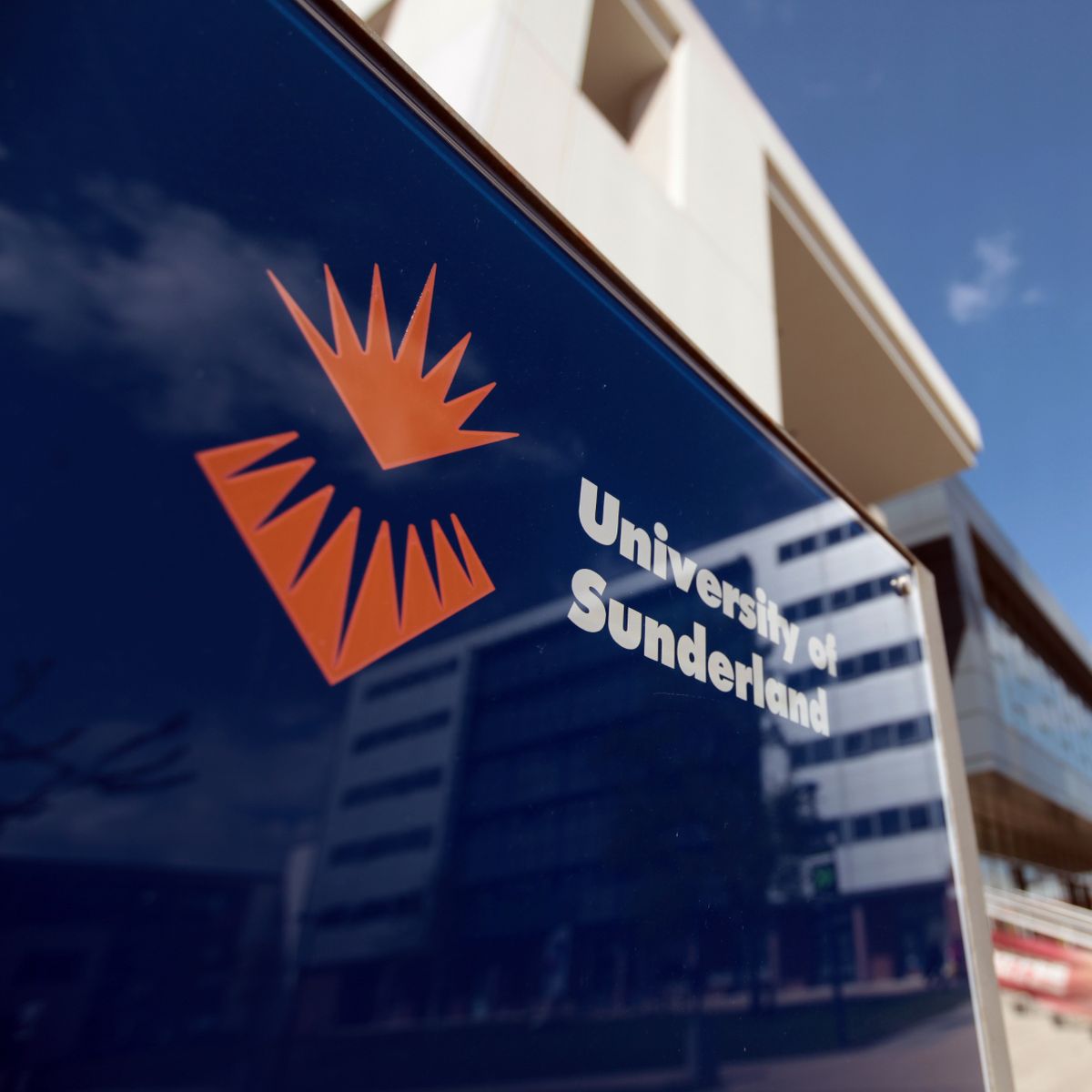By Nina Massey, PA Science Correspondent
AFTER a new variant of coronavirus was identified in the UK, experts have said that it is too early to make any claims about the impact it may have.

EXPERTS have warned it is too early to be worried about a new variant of coronavirus, or make any claims about the potential impacts of the virus mutation.
Their comments come after Health Secretary Matt Hancock said a new variant may be linked to the faster spread of the virus in the South of England.
He stressed there is no evidence to suggest the variant is more likely to cause serious disease, and that it is highly unlikely the mutation would fail to respond to a Covid-19 vaccine.
Mr Hancock said the new strand of the virus, first observed in Kent, is being assessed by Government scientists at its Porton Down research laboratory.
Chief medical officer Professor Chris Whitty told the Downing Street press conference there was nothing to suggest a vaccine would not work against the new strain and that current tests can detect it.
He explained: “There’s still a quite a small proportion of the population, currently have immunity due to prior infection.
“So there isn’t a huge selection pressure on this virus.
“And therefore, it would be surprising – not impossible, but pretty surprising, if this would actually have evolved to be able to get around the virus.”
He added that as time goes by selection pressures, when a very high proportion of the population has been vaccinated, mean any new variants that emerge are more likely to be ones which actually are able partially to escape from a vaccine but there’s no reason to think that would be happening at the moment.
Prof Whitty also said there was nothing to indicate the new strain causes any different symptoms, that the testing is different or the clinical outcome is different for this variant.
He continued: “The main reason we are raising this to people’s attention is the question about whether this is spreading more quickly. It may be ’cause and effect’, or it may not.”
Prof Whitty said the decision to move London and parts of the South East of England into Tier 3 was not a result of the new variant.
He said: “The reason Tier 3 is brought in is because the rates are going up very fast in many areas.
“The variant may or may not be contributing to that but the reality of that is that it is happening across the board, and that’s the reason for making the changes.”
Alan McNally, professor in microbial evolutionary genomics at the University of Birmingham, said: “Huge efforts are ongoing at characterising the variant and understanding its emergence.
“It is important to keep a calm and rational perspective on the strain as this is normal virus evolution and we expect new variants to come and go and emerge over time.
“It’s too early to be worried or not by this new variant, but I am in awe of the surveillance efforts in the UK that allowed this to be picked up so fast.”
Jonathan Ball, professor of molecular virology at the University of Nottingham, said: “The genetic information in many viruses can change very rapidly and sometimes these changes can benefit the virus – by allowing it to transmit more efficiently or to escape from vaccines or treatments – but many changes have no effect at all.
“Even though a new genetic variant of the virus has emerged and is spreading in many parts of the UK and across the world, this can happen purely by chance.
“Therefore, it is important that we study any genetic changes as they occur, to work out if they are affecting how the virus behaves, and until we have done that important work it is premature to make any claims about the potential impacts of virus mutation.”
Scientists will now be growing cultures of the strain in laboratories to see how it responds, to see if it produces the same antibody response to the existing strain, to see how the vaccine might impact it and to get a full picture of what it means.
However, it may take up to two weeks to thoroughly investigate.
While more is unknown about the new strain than is known, the places where it is being seen – the South of England – is where there are high numbers of cases, indicating it might be because the strain is spreading faster.
However, this needs to be looked at in more detail.
Experts will also be looking at samples all around the country to see whether the strain has spread, and how quickly.
This is the first time that authorities in England have investigated a coronavirus strain in this way.
A mutation is a change in the virus’s genome, the set of genetic instructions that have all the information the virus needs to function.
When the virus makes contact with a host and starts to replicate, this set of instructions is copied, but mistakes can happen during this process.
Like all infectious agents Covid-19 mutates as it circulates within the human population, but this is often without any real consequence on the virus.
These mutations can often be linked to the shape of the spike protein of the virus.
The Covid-19 Genomics UK (Cog-UK) Consortium tracks new genetic variants as they spread and investigate if these changes lead to detectable changes in the behaviour of the virus or the severity of Covid-19 infections.
Most mutations that arise and spread have no detectable effect on the biology of the virus.
But a few have the potential to change both the biological behaviour of the virus and persist if they confer an advantage to the virus.
Professor Wendy Barclay, head of the department of infectious disease, Imperial College London, said: “SARS-CoV-2 is an RNA virus and mutations are expected to occur as it replicates.
“It is essential that we understand the consequence of any changes in the genome of the virus – for example, how this might impact on disease, transmission and the immune response to the virus.
“Some variants with changes in the spike protein have already been observed as the virus is intensely sequenced here in the UK and around the world.
“There is no evidence that the newly-reported variant results in a more severe disease.
“This variant contains some mutations in spike protein that is the major target of vaccines, and it will be important to establish whether they impact vaccine efficacy by performing experiments in the coming weeks.”
Dr Jeremy Farrar, director of Wellcome, said: “The full significance of this is not yet clear – that includes whether a new strain is responsible for the current rise of infections in parts of the UK and, if so, what this may or may not mean for transmission and the efficacy of the first vaccines and treatments.”
But Dr Lucy van Dorp, senior research fellow in microbial genomics at the UCL Genetics Institute, said the claims needed the science to back them up.
She said: “It is frustrating to have claims like this made without the associated evidence presented for scientific assessment and the variant remains to be officially announced.
“It seems COG-UK will release further details soon and a preprint may follow.”
Asked about the variant, Maria Van Kerkhove, Covid-19 technical lead at the World Health Organisation, told a press briefing on Monday: “So far we don’t have any evidence that this variant behaves differently. But we will continue to evaluate and inform you of any changes.”



